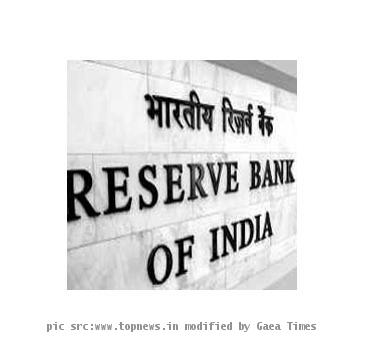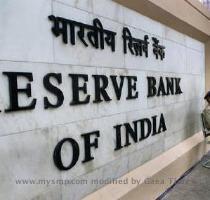RBI Staff Study - 5/2010 Measurement of Inflation in India : Issues and Associated Challenges for the Conduct of Monetary Policy
By RBIThursday, September 2, 2010
|
The Reserve Bank of India today released a Staff Study titled ‘Measurement of Inflation in India, Issues and Associated Challenges for the Conduct of Monetary Policy (www.rbi.org.in/scripts/PublicationReportDetails.aspx?UrlPage=&ID=594) ’. The Staff Study is by G V Nadhanael and Sitikantha Pattanaik, staff in the Department of Economic Analysis and Policy. The views expressed in the article is those of the authors and do not reflect the views of the Reserve Bank of India. This study presents key issues relating to India’s inflation data in the current context; while also explaining how analyses relevant for the conduct of monetary policy could remain ambiguous if inflation data used in such analyses have serious limitations. In India, the statistical limitations of prices data have been receiving increasing attention in the policy debates. This is because of the large divergence between CPI and WPI inflation trends in the past, wide dispersion in inflation across commodity groups within WPI, weak representative nature of the price indices in relation to the size and structure of the economy and significant volatility in headline WPI inflation due to supply shocks. The study documents measurement issues in inflation and highlights the deficiencies in inflation data in both, advanced and developing countries. It also outlines the major initiatives being taken in India to address some of the deficiencies. The study analyses the impact of non-updation of the base year on inflation measurement, comparative movement of different inflation indicators and GDP deflator as well as the dispersion of inflation within the commodity basket. The suitability of other inflation indicators in relation to headline inflation (i.e., month-over-month seasonally adjusted inflation and core inflation) for conduct of monetary policy has also been examined. Major observations and conclusions of the study are:
Alpana Killawala Press Release : 2010-2011/330 |

